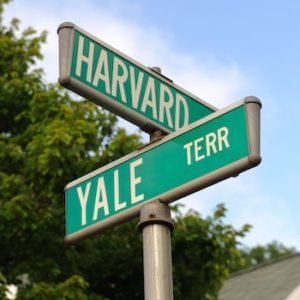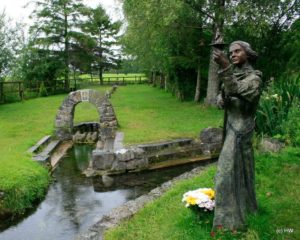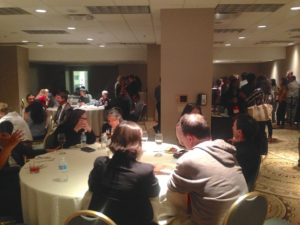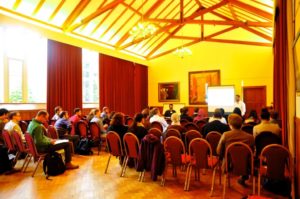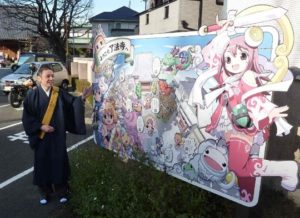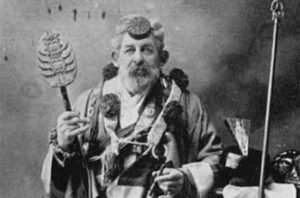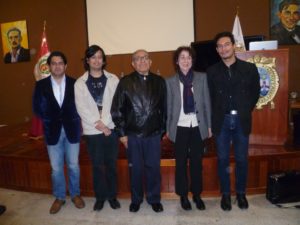
“Religion in Peru” — conference report, 2015
That this conference took place at the National University of San Marcos was quite inspiring. This was the first university on the continent with a theology and arts faculty during the second half of the sixteenth century. Now, almost five hundred years later, Peruvian academics still have an interest in studying religion. However, our current perspectives and methodologies are far more diverse, and ever broadening. I remain optimistic that, in the near future, the academic study of religion in Peru will be as widespread and supported as other research areas.



